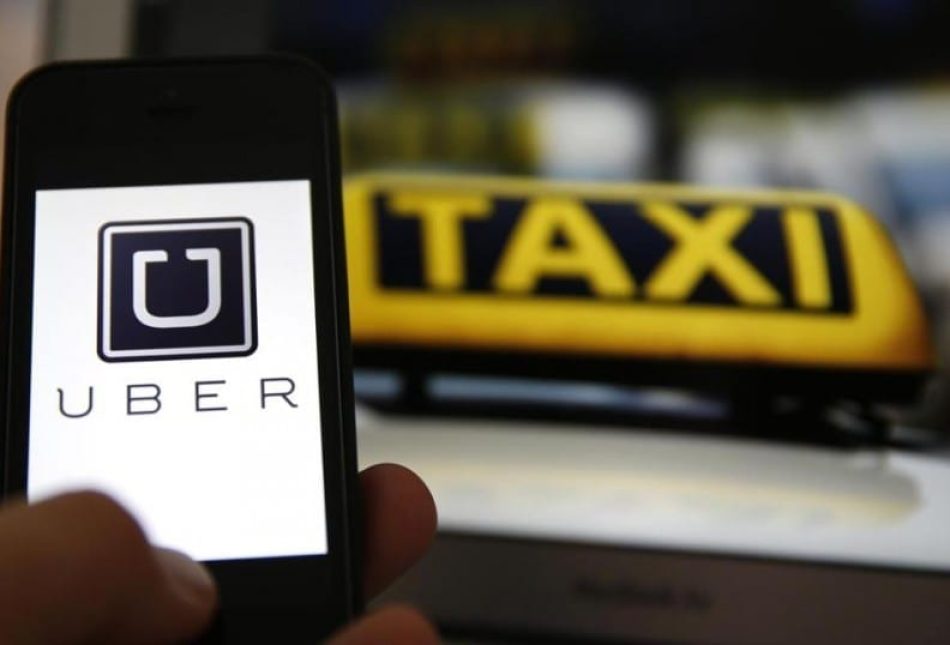Legalize ride-sharing to reduce DUIs in New Mexico

![]()
Driving under the influence is a problem throughout America, but in New Mexico, the toll is severe. The Land of Enchantment consistently ranks among the worst states for DUI accidents and fatalities.
While there are no failsafe solutions — with the possible exception of self-driving cars — one significant way to address the DUI problem is ride-sharing services such as Lyft and Uber.
Evidence is mounting that the availability of ride-sharing services reduces DUI incidence. A study by Temple University found that the presence of Uber led to between a 3.6 percent and a 5.6 percent reduction in alcohol-related driving homicides. Noting that there are 13,000 DUI-related deaths a year, researchers estimated that nationwide availability would save 500 lives annually and the economy $1.3 billion in losses.
Considering the seriousness of the DUI problem, it is unfortunate that New Mexico’s Senate has been a major obstacle to ride-sharing in our state.
In the 2015 legislative session, HB 272, introduced by Rep. Monica Youngblood, R-Bernalillo, passed the House of Representatives with bipartisan support — only to be killed without so much as a floor vote in the Senate.
The chamber’s agenda is controlled by Majority Leader Michael Sanchez, D-Belen, whose brother, a former House speaker, is the lead lobbyist for the taxi industry. That industry, of course, has been a leading opponent of ride-sharing services not just in New Mexico, but in cities around the nation.
As a result of the taxi industry’s successful campaign against HB 272, Lyft chose to leave our state entirely. Thankfully, Uber has proven more willing to “lawyer up” and take on the regulators who would shut them down.
The company’s challenge is considerable. Only a month ago spokesman Carlos Padilla told the Santa Fe New Mexican that the Public Regulation Commission views Uber as being in violation of the state’s Motor Carrier Act, as well as the bureaucracy’s rules.
It says a lot about government regulations that the leading opponents of ride-sharing are not dissatisfied customers, but opponents looking to use the force of government to block competition.

And then there is the DUI question itself. Academic research is important, but this New Year’s Eve in Albuquerque bolstered the case for ride-sharing. As reported by KOB-TV, police spokesman Simon Drobik said that out of 149 cars that passed through the department’s DUI checkpoint, only one person was arrested for drunken driving. Drobik said that while there were plenty of drunk people who passed through the checkpoint, they all had designated drivers, taxis, or Uber rides home.
The station noted that the city of Albuquerque — which has been far friendlier to ride-sharing companies than the state itself — worked closely with Uber to get people home safely from its New Year’s Eve celebration.
Is Uber the reason for the drastic decline in DUI problems this New Year’s Eve? There is too little evidence to be sure, but a quick Internet search turned up a KOAT-TV story from Jan. 2, 2013, with the headline “Dozens arrested, charged with DUI on New Year’s.”
A ride-sharing bill will likely be considered during the coming 2016 legislative session. The legislation will streamline and simplify taxi regulations in New Mexico. The industry should welcome such reform. But if history is any guide, ride-sharing still faces an uphill battle in the New Mexico Senate.
If Sanchez again blocks reform, will Democrats in his caucus defy their majority leader? Let’s hope so. If the free-market justification isn’t enough for them, perhaps the anti-DUI argument will be.
Either way, it is time for New Mexicans to let their legislators know that they support a policy that would promote both entrepreneurship and public safety in the Land of Enchantment.
D. Dowd Muska (dmuska@riograndefoundation.org) is research director of New Mexico’s Rio Grande Foundation, an independent, nonpartisan, tax-exempt research and educational organization dedicated to promoting prosperity for New Mexico based on principles of limited government, economic freedom and individual responsibility.
